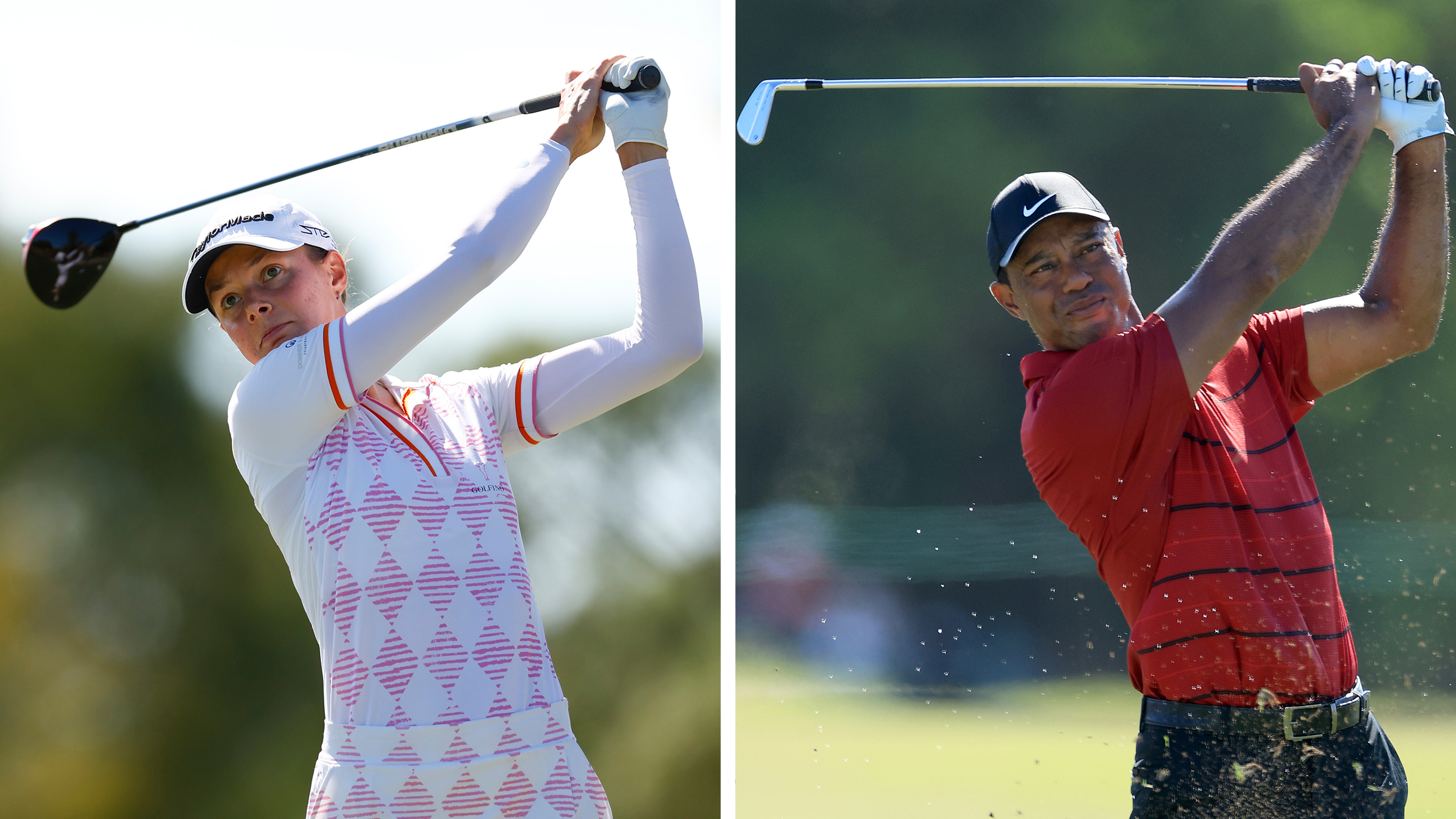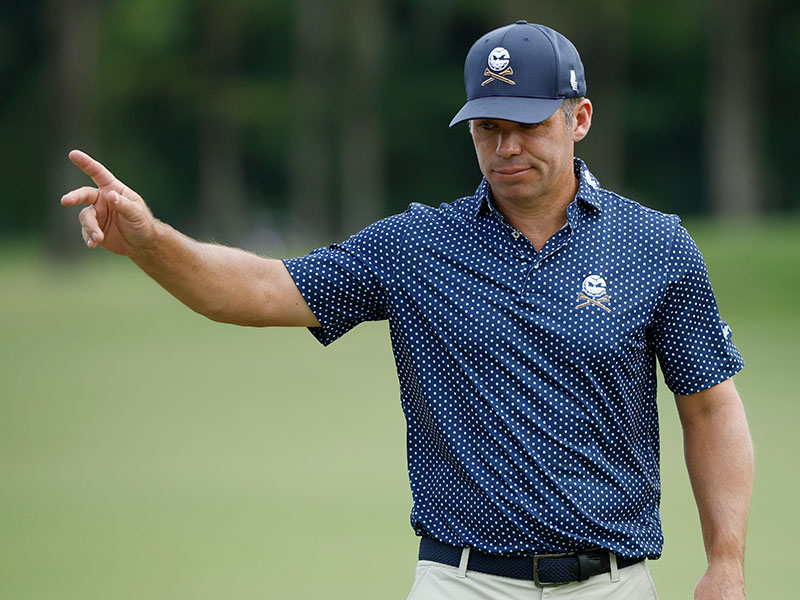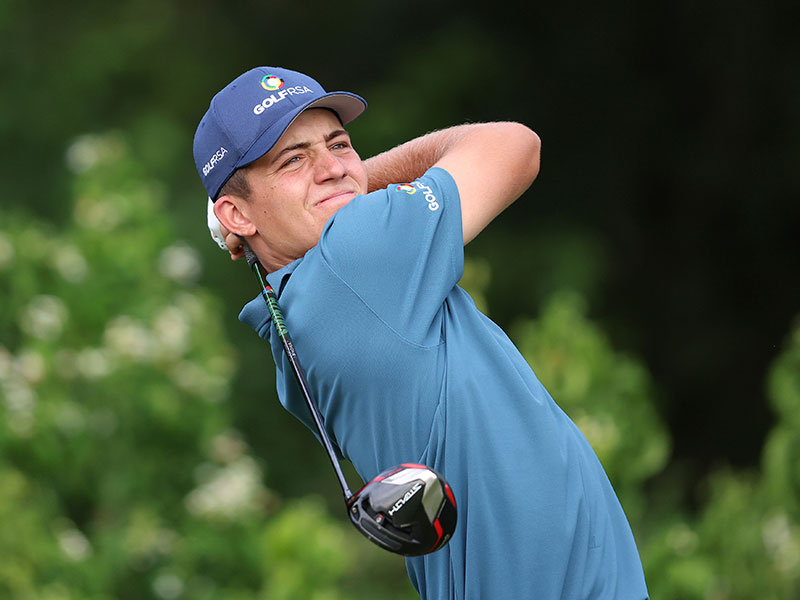Do Professional Golfers Have Handicaps And What's The Lowest Amateur Handicap Ever?
Do professional golfers ever keep a handicap? Are they required to? And what's been the lowest ever handicap in the amateur game?

Nick Bonfield

The handicap system is absolutely fundamental to the amateur game. It allows players of any sex, age and abillity to compete against one another on a level playing field. The World Handicap System uses an average calculation method to provide an accurate representation of an amateur golfer’s current aptitude and performance level.
The theory everything is predicated on is that a player with a 36 handicap should have an equal chance to win a Stableford competition as a player with a handicap of scratch. Without the handicap system in amateur golf, the vast majority of participants would have no way to compete in a fair and equitable way and the game would be far less appealing. That said, some low-handicap golfers do feel strongly that the WHS gives them less chance of winning competitions.
But Do Professionals Have Handicaps?

Paul Casey is a member at Whisper Rock in Arizona
In professional golf, there is no handicap system. Professionals compete against one another flat and no shots are given. The best gross score wins either after 72 or 54-holes of stroke play, or on individual holes in match play.
Some pro golfers keep a handicap for interest or at their home club to give an idea of how many shots they should give amateur friends in fun matches, but those handicaps are not considered official. They're just an interesting guide and something for us mere mortals to be gobsmacked by.
Players like Paul Casey and Martin Kaymer have kept handicaps at Whisper Rock in Arizona, where they regularly play, and the European duo have been as low as between +6 and +7 there.
How Low Have Some Amateur Handicaps Been?

Christiaan Maas plays at the University of Texas
The players on the PGA Tour are the best of the best. They are a couple of competitive levels above the elite amateurs, who can have seriously low handicaps. For example, Gordon Sargent, who was the world's number-one amateur ahead of the Ryder Cup, plays off 5.5. Conor Graham, the second-youngest player to represent Team GB&I at 17, is off 5.3.
At the 2023 Amateur Championship, four players had handicaps of +7 or better, led by South African Christiaan Maas, who was off +8.
Subscribe to the Golf Monthly newsletter to stay up to date with all the latest tour news, equipment news, reviews, head-to-heads and buyer’s guides from our team of experienced experts.
In the female game, Ladies European Tour player Esther Henseleit had the lowest recorded handicap in Europe before turning professional in 2019. The German's number was a remarkable +7.1
So, what did some stars of the pro game play off before they gave up their amateur status? Well, Tiger Woods was off a remarkable +8 when he turned pro. Sergio Garcia was a couple of shots worse off at +5.8, Phil Mickelson and Shaun Micheel were reportedly at +6, Jim Furyk and Ben Curtis purportedly played off +7 when they left the unpaid ranks and Jack Nicklaus was off +3. Rory McIlroy was another one in the +6 club when he turned pro, too. Unbelievably, Ian Poulter turned professional with a handicap of 4.
What Handicap Would PGA Tour Players Be?
Have you ever wondered what the USGA index would be for a PGA Tour pro if they posted scores like we do?Yeah, me too. Shot out to my buddy Clay Ballard (@TopSpeedGolf) for the idea. Index of avg tour pro:▶️ +5.4Best index achieved:▶️ Fowler +8.4 pic.twitter.com/krYodzF7GZMay 30, 2020
A couple of years ago, the Golf Stat Pro Lou Stagner crunched the numbers on the PGA Tour from 2016 to 2020 and worked out what Handicap Index players would be relative to Course Rating and Slope Rating on the course’s scorecard from that period - see below.
It showed the average Handicap Index for PGA Tour players in that time was +5.4.
The best index achieved during the period was +8.4 by Rickie Fowler and the best average index for the four years was +6.5 – Dustin Johnson, Jordan Spieth and Brooks Koepka.
Those figures are impressive but are even more so when you consider that those calculations didn’t take into consideration the tournament set-up – faster greens, longer rough, difficult pin positions. If those were factored in the handicaps of PGA Tour players could be at least a shot or two lower. As the PGA Tour often stresses, “these guys are good.”

Fergus is Golf Monthly's resident expert on the history of the game and has written extensively on that subject. He has also worked with Golf Monthly to produce a podcast series. Called 18 Majors: The Golf History Show it offers new and in-depth perspectives on some of the most important moments in golf's long history. You can find all the details about it here.
He is a golf obsessive and 1-handicapper. Growing up in the North East of Scotland, golf runs through his veins and his passion for the sport was bolstered during his time at St Andrews university studying history. He went on to earn a post graduate diploma from the London School of Journalism. Fergus has worked for Golf Monthly since 2004 and has written two books on the game; "Great Golf Debates" together with Jezz Ellwood of Golf Monthly and the history section of "The Ultimate Golf Book" together with Neil Tappin , also of Golf Monthly.
Fergus once shanked a ball from just over Granny Clark's Wynd on the 18th of the Old Course that struck the St Andrews Golf Club and rebounded into the Valley of Sin, from where he saved par. Who says there's no golfing god?
- Nick BonfieldFeatures Editor